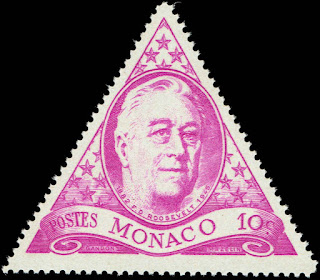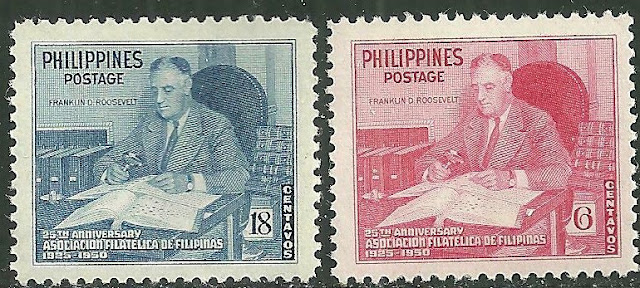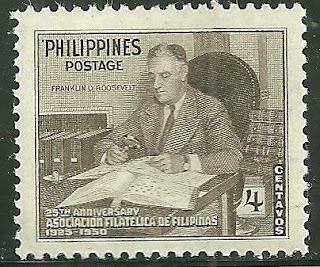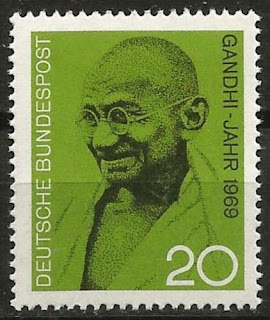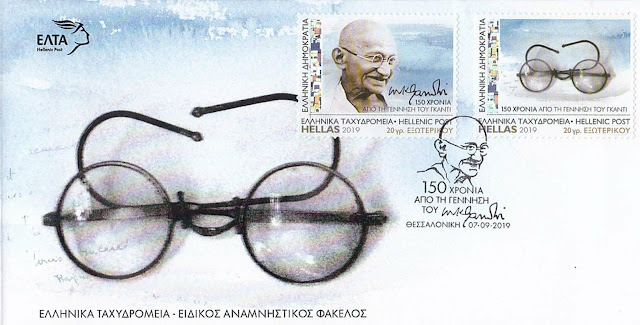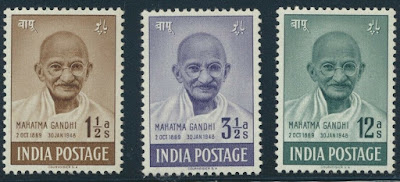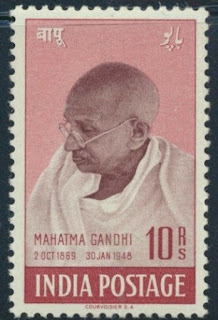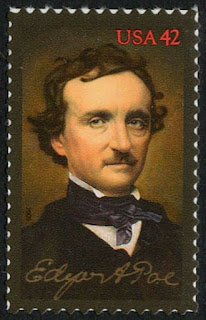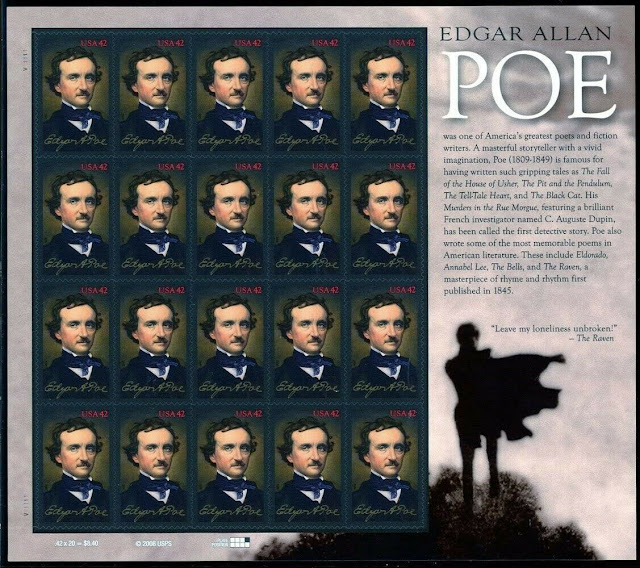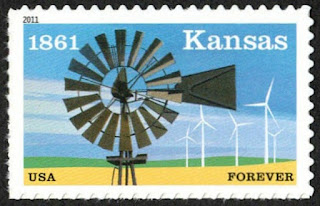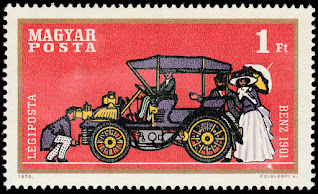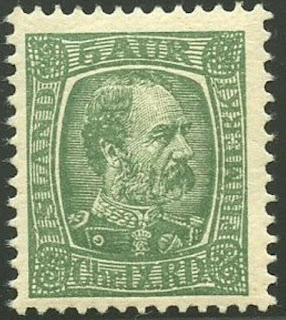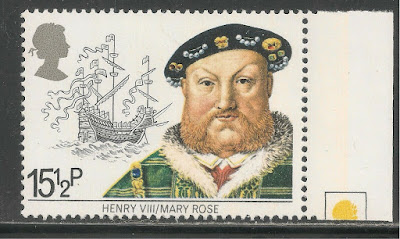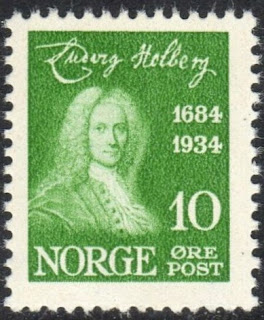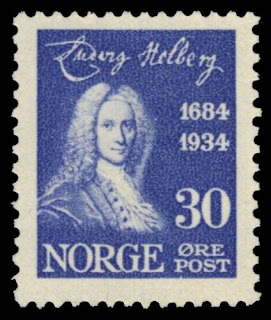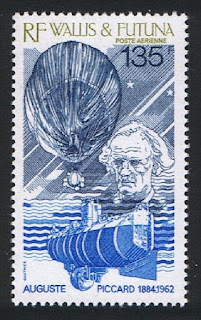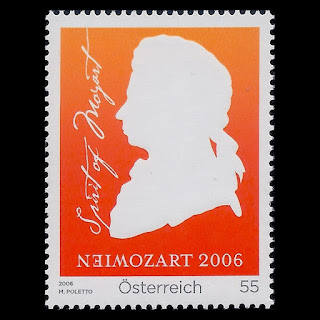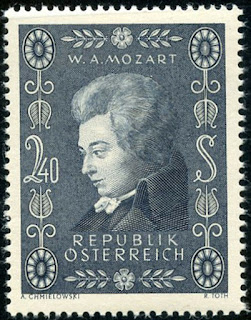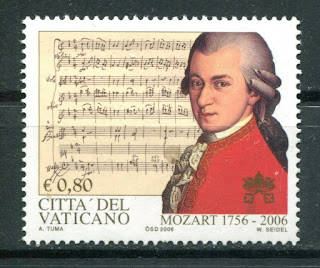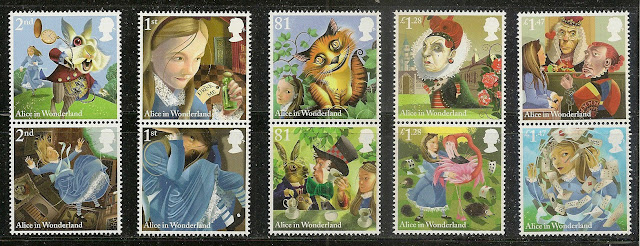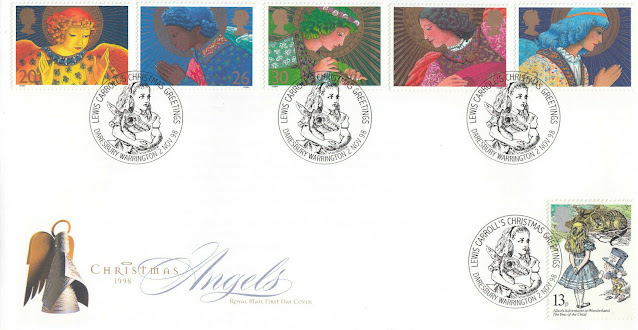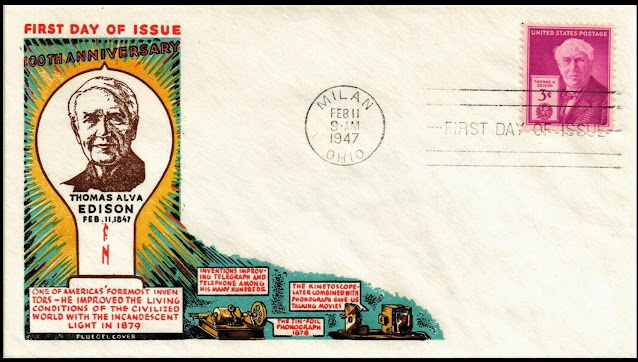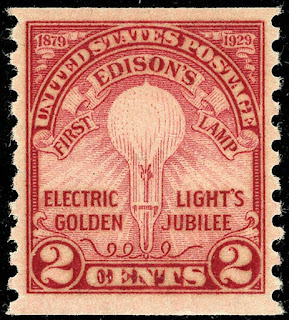Here are some events that happened on January 30th. It could be an event or a person that died or was born on that day
1882 Born: Franklin D. Roosevelt, American lawyer and politician, 32nd President of the United States (d. 1945)
Franklin Delano Roosevelt (January 30, 1882 – April 12, 1945), often referred to by his initials FDR, was an American politician who served as the 32nd president of the United States from 1933 until his death in 1945. A member of the Democratic Party, he won a record four presidential elections and became a central figure in world events during the first half of the 20th century. Roosevelt directed the federal government during most of the Great Depression, implementing his New Deal domestic agenda in response to the worst economic crisis in U.S. history. As a dominant leader of his party, he built the New Deal Coalition, which realigned American politics into the Fifth Party System and defined American liberalism throughout the middle third of the 20th century. His third and fourth terms were dominated by World War II, which ended shortly after he died in office. He is rated by scholars as one of the three greatest U.S. presidents, along with George Washington and Abraham Lincoln, but has also been subject to substantial criticism.
Roosevelt was born in Hyde Park, New York, to a Dutch American family made well known by the reputation of Theodore Roosevelt, the 26th president of the United States, and William Henry Aspinwall. FDR graduated from Groton School and Harvard College and attended Columbia Law School but left after passing the bar exam to practice law in New York City. In 1905, he married his fifth cousin once removed, Eleanor Roosevelt. They had six children, of whom five survived into adulthood. He won election to the New York State Senate in 1910, and then served as Assistant Secretary of the Navy under President Woodrow Wilson during World War I. Roosevelt was James M. Cox's running mate on the Democratic Party's 1920 national ticket, but Cox was defeated by Republican Warren G. Harding. In 1921, Roosevelt contracted a paralytic illness, believed at the time to be polio, and his legs became permanently paralyzed. While attempting to recover from his condition, Roosevelt founded the treatment center in Warm Springs, Georgia, for people with poliomyelitis. In spite of being unable to walk unaided, Roosevelt returned to public office by winning election as Governor of New York in 1928. He served as governor from 1929 to 1933, promoting programs to combat the economic crisis besetting the United States.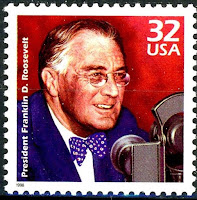
In the 1932 presidential election, Roosevelt defeated Republican President Herbert Hoover in a landslide. Roosevelt took office in the midst of the Great Depression, the worst economic crisis in U.S. history. During the first 100 days of the 73rd United States Congress, Roosevelt spearheaded unprecedented federal legislation and issued a profusion of executive orders that instituted the New Deal—a variety of programs designed to produce relief, recovery, and reform. He created numerous programs to provide relief to the unemployed and farmers while seeking economic recovery with the National Recovery Administration and other programs. He also instituted major regulatory reforms related to finance, communications, and labor, and presided over the end of Prohibition. He harnessed radio to speak directly to the American people, giving 30 "fireside chat" radio addresses during his presidency and becoming the first American president to be televised. The economy having improved rapidly from 1933 to 1936, Roosevelt won a landslide reelection in 1936. However, the economy then relapsed into a deep recession in 1937 and 1938. After the 1936 election, Roosevelt sought passage of the Judiciary Reorganization Bill of 1937 (the "court packing plan"), which would have expanded the size of the Supreme Court of the United States. The bipartisan Conservative Coalition that formed in 1937 prevented passage of the bill and blocked the implementation of further New Deal programs and reforms. Major surviving programs and legislation implemented under Roosevelt include the Securities and Exchange Commission, the National Labor Relations Act, the Federal Deposit Insurance Corporation, Social Security, and the Fair Labor Standards Act of 1938.
The United States reelected FDR in 1940 for his third term, making him the only U.S. President to serve for more than two terms. With World War II looming after 1938, Roosevelt gave strong diplomatic and financial support to China, the United Kingdom and eventually the Soviet Union while the U.S. remained officially neutral. Following the Japanese attack on Pearl Harbor on December 7, 1941, an event he famously called "a date which will live in infamy", Roosevelt obtained a congressional declaration of war on Japan, and, a few days later, on Germany and Italy. Assisted by his top aide Harry Hopkins and with very strong national support, he worked closely with British Prime Minister Winston Churchill, Soviet leader Joseph Stalin and Chinese Generalissimo Chiang Kai-shek in leading the Allied Powers against the Axis Powers. Roosevelt supervised the mobilization of the U.S. economy to support the war effort, and implemented a Europe first strategy, making the defeat of Germany a priority over that of Japan. He also initiated the development of the world's first atomic bomb, and worked with the other Allied leaders to lay the groundwork for the United Nations and other post-war institutions. Roosevelt won reelection in 1944, but with his physical health declining during the war years, he died in April 1945, less than three months into his fourth term. The Axis Powers surrendered to the Allies in the months following Roosevelt's death, during the presidency of his successor, Harry S. Truman.
Stamps from Greece, Philippines, Monaco and the US depicting Roosevelt
1948 Died: Mahatma Gandhi, leader of the Indian independence movement against British rule (b. 1869)
Mohandas Karamchand Gandhi (2 October 1869 – 30 January 1948) was an Indian lawyer, anti-colonial nationalist, and political ethicist, who employed nonviolent resistance to lead the successful campaign for India's independence from British Rule, and in turn inspire movements for civil rights and freedom across the world. The honorific Mahātmā (Sanskrit: "great-souled", "venerable"), first applied to him in 1914 in South Africa, is now used throughout the world.
Born and raised in a Hindu family in coastal Gujarat, western India, Gandhi was trained in law at the Inner Temple, London, and called to the bar at age 22 in June 1891. After two uncertain years in India, where he was unable to start a successful law practice, he moved to South Africa in 1893 to represent an Indian merchant in a lawsuit. He went on to stay for 21 years. It was in South Africa that Gandhi raised a family, and first employed nonviolent resistance in a campaign for civil rights. In 1915, aged 45, he returned to India. He set about organizing peasants, farmers, and urban laborers to protest against excessive land-tax and discrimination. Assuming leadership of the Indian National Congress in 1921, Gandhi led nationwide campaigns for easing poverty, expanding women's rights, building religious and ethnic amity, ending untouchability, and above all for achieving Swaraj or self-rule.
The same year Gandhi adopted the Indian loincloth, or short dhoti and, in the winter, a shawl, both woven with yarn hand-spun on a traditional Indian spinning wheel, or charkha, as a mark of identification with India's rural poor. Thereafter, he lived modestly in a self-sufficient residential community, ate simple vegetarian food, and undertook long fasts as a means of self-purification and political protest. Bringing anti-colonial nationalism to the common Indians, Gandhi led them in challenging the British-imposed salt tax with the 400 km (250 mi) Dandi Salt March in 1930, and later in calling for the British to Quit India in 1942. He was imprisoned for many years, upon many occasions, in both South Africa and India.
Gandhi's vision of an independent India based on religious pluralism was challenged in the early 1940s by a new Muslim nationalism which was demanding a separate Muslim homeland carved out of India. In August 1947, Britain granted independence, but the British Indian Empire was partitioned into two dominions, a Hindu-majority India and Muslim-majority Pakistan. As many displaced Hindus, Muslims, and Sikhs made their way to their new lands, religious violence broke out, especially in the Punjab and Bengal. Eschewing the official celebration of independence in Delhi, Gandhi visited the affected areas, attempting to provide solace. In the months following, he undertook several fasts unto death to stop religious violence. The last of these, undertaken on 12 January 1948 when he was 78, also had the indirect goal of pressuring India to pay out some cash assets owed to Pakistan. Some Indians thought Gandhi was too accommodating. Among them was Nathuram Godse, a Hindu nationalist, who assassinated Gandhi on 30 January 1948 by firing three bullets into his chest
Stamps from various countries depicting Gandhi
1948 Died: Orville Wright, American pilot and engineer, co-founded the Wright Company (b. 1871)
1951 Died: Ferdinand Porsche, Austrian-German engineer and businessman, founded Porsche (b. 1875)
Ferdinand Porsche (3 September 1875 – 30 January 1951) was an Austrian automotive engineer and founder of the Porsche car company. He is best known for creating the first gasoline-electric hybrid vehicle (Lohner-Porsche), the Volkswagen Beetle, the Mercedes-Benz SS/SSK, several other important developments and Porsche automobiles.
An important contributor to the German war effort during World War II, Porsche was involved in the production of advanced tanks such as the VK 4501 (P), Tiger I, Tiger II, Elefant, and Panzer VIII Maus, as well as other weapon systems, including the V-1 flying bomb. Porsche was a member of the Nazi Party, and was called the "Great German Engineer" by Nazi officials. He was a recipient of the German National Prize for Art and Science, the SS-Ehrenring and the War Merit Cross.
Porsche was inducted into the International Motorsports Hall of Fame in 1996 and won the Car Engineer of the Century award in 1999
Some stamps depicting Ferdinand Porsche or the Porsche car

